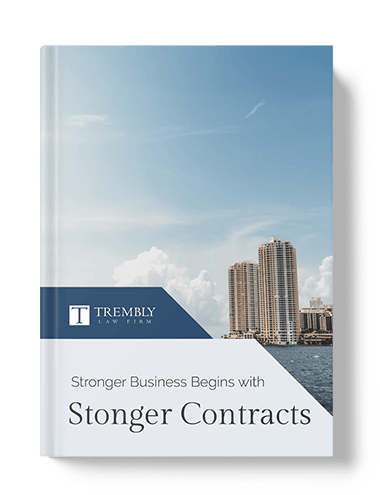As a business owner, there’s no shortage of tough decisions coming your way. One of the most challenging choices for business owners is deciding when it’s time to pursue legal action against someone harming your company. Whether you’re interested in suing someone for defaming your company, infringing on your intellectual property, or failing to follow through on a contract, there are several things to consider when deciding if a lawsuit is the right choice. Consider these factors in consultation with your business lawyer.
Locating the Person You Want to Sue
First, think about how easy it is to locate the person you want to sue. If someone doesn’t have a permanent address or you don’t know where they work, having paperwork served to them can be difficult. Process servers may charge for each failed attempt, quickly cutting into any potential compensation you stand to gain from the lawsuit.
Expected Payout
Think about how much you stand to gain from a lawsuit. Remember that the goal of the court is to make damaged entities whole. If your business has suffered minor damages or it’s difficult to substantiate your damages, consider whether or not a lawsuit is worth the time, stress, and money.
Actual Damages
With your business attorney, you can take a long, hard look at the actual damages your business has sustained. For a lawsuit to be successful, your business must have suffered actual financial damages—perhaps lost revenue from improper use of your intellectual property, financial losses due to damage to your reputation, or theft of services. With this figure, your attorney can help you realistically assess how much compensation you may be able to ask for.
Collecting Damages
Getting a judgment is one thing—collecting on it is another. If the defendants have few or no assets, you may be unable to collect the money you’re owed. This is another reason it’s important to have an attorney on your side; they can look into the person you want to sue and find out if they’re judgment-proof.
Preventing Ongoing Damage
Even if you’re unable to collect on a judgment, a lawsuit may be worth it if it allows you to stop ongoing damage to your business. In some cases, you must take legal action to avoid issues down the road. For example, failing to protect your trademark can eventually cause you to lose your trademark—for that reason, you must bring a suit against someone illegally using your trademark. Furthermore, a judgment can show the offending party that there are consequences for their actions and cause them to stop slandering your business, failing to deliver on contractual obligations, or otherwise harming your company.
Lawsuits are inevitable in business ownership, but you shouldn’t go through it alone. You need passionate, dedicated legal counsel on your side. Call Trembly Law at (305) 431-5678 to discuss your legal options.

















